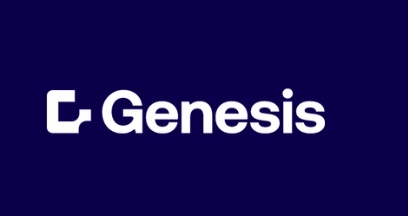This month, Genesis is releasing several powerful features to help developers build and configure complex functions required in financial markets applications even more rapidly.
To start, Genesis has upgraded how Genesis works with data sources and data sinks, as well as how it handles reconciliation, both core processes in most applications. Genesis also made Create, its project start-up tool, much more powerful, enabling users to start, test and run even more complex applications with the tool.
These updates improve how the platform’s Development Suite, Application Runtime environment and component Marketplace work together to make it up to 90% faster for developers to build secure, compliant, high-performance financial markets applications.
Most financial markets applications process and display data and it’s common for an application to source data from multiple platforms or feeds and then output data to other systems. Genesis data pipelines configure the ingress and egress of data, including sources, operator and sink capabilities. In this release, Genesis added pipelines enabling CSV via SFTP (as source), MQ (as source and sink), Swift (as generating and parsing operators) and CSV (as parsing operator). The platform’s Marketplace offers 30+ prebuilt integration components, covering key services like Bloomberg, S&P, Refinitiv, Pershing and SS&C.
Reconciliation is a key function throughout the trade lifecycle. Enhanced data visualization in the platform’s real-time reconciliation component improves how it displays data breaks and statistics about data mismatches. Easy detection helps users quickly address breaks to facilitate processes such as rapid trade settlement. Having statistics on the sources and prevalence of breaks helps users address potential data quality issues in their systems and make informed decisions about how to set data-matching tolerances in their Genesis applications.
Users have access to Create, a web-based, code-free tool for defining business objects and views, setting up real-time data aggregations, defining database queries and specifying UI foundations. It allows users to start projects and get new applications running in minutes.
Now, Create uses AI to help users generate business objects central to financial markets applications, including trades, orders, instruments, positions and more. This makes Create suitable for starting even highly technical applications because users can configure an almost limitless variety of business objects in the tool.
With Genesis, users don’t need specialty UI coding skills to add grids, graphs and other rich, interactive user experiences into financial markets applications. This release brings several enhancements to grid functions, including improved server-side filtering and sorting. The update makes it more intuitive for engineers to build dynamic grids. It requires less code and minimizes UI real estate needed for filtering by ensuring all sorting and filtering actions are performed server-side.









